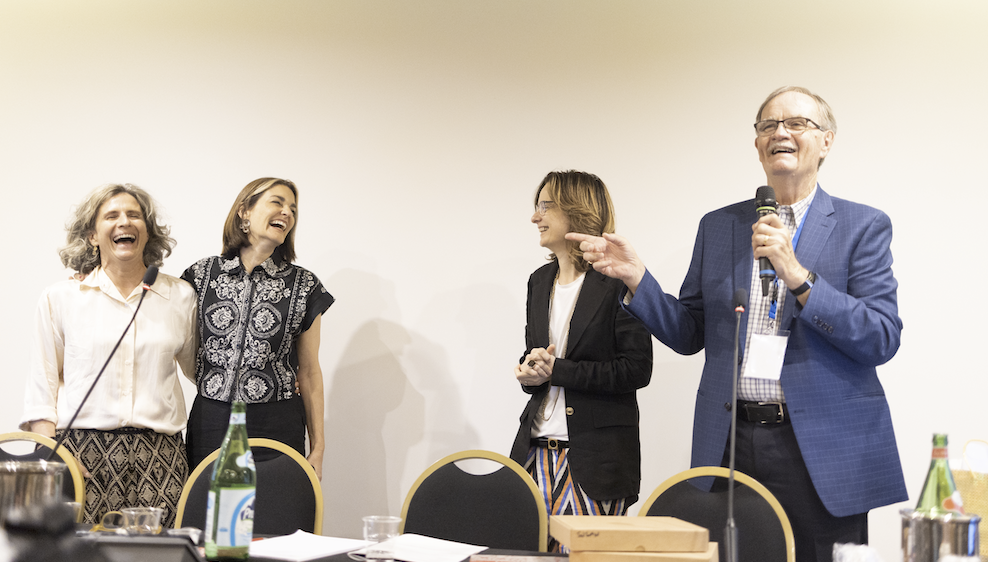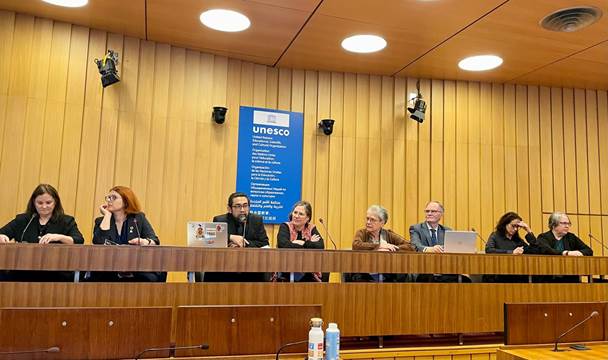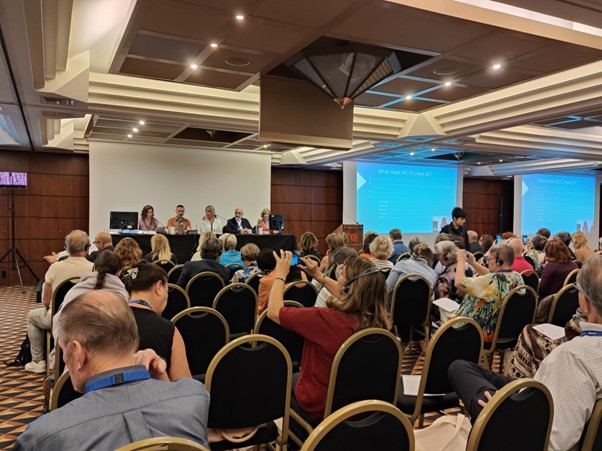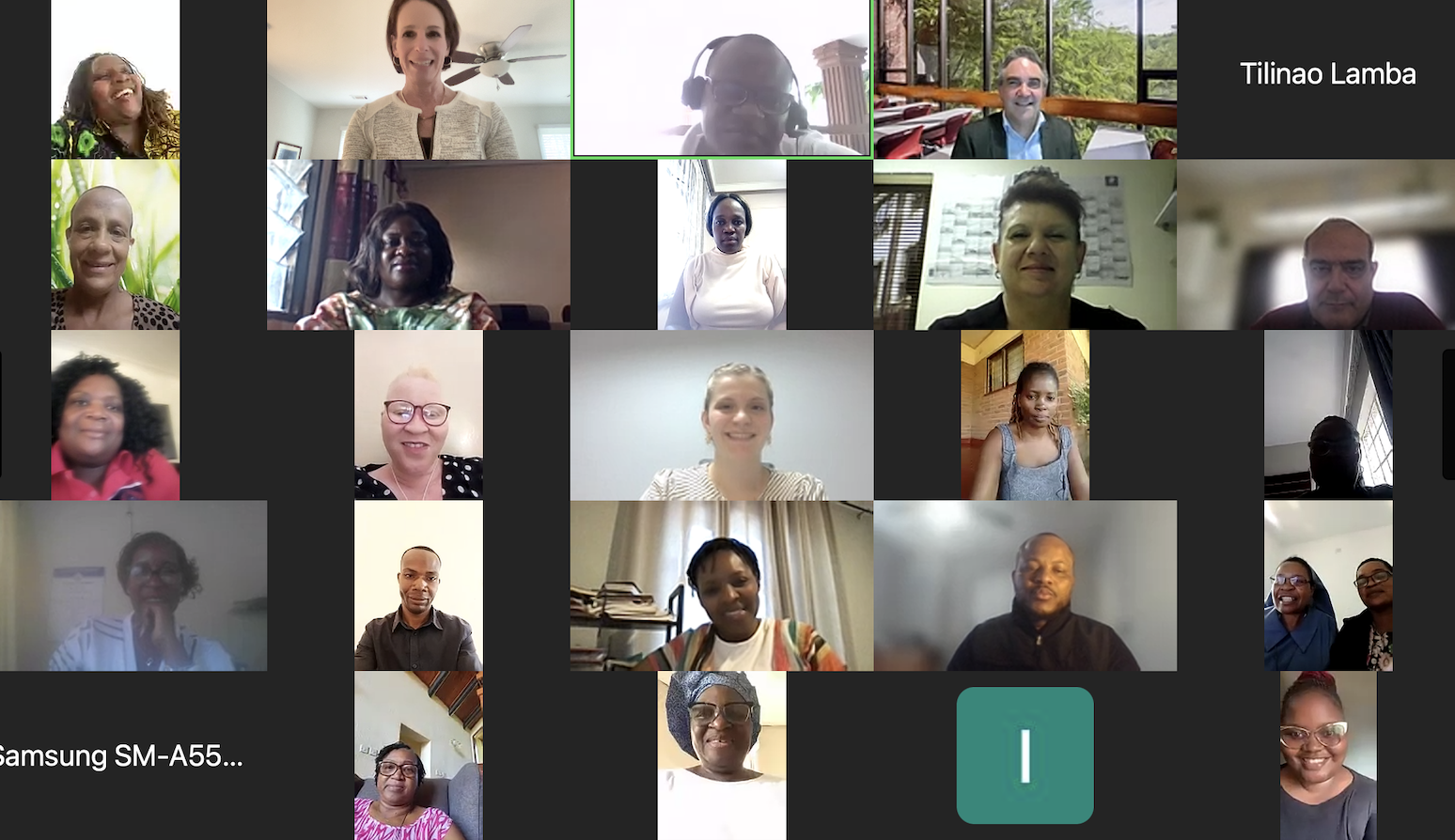
Welcome!
Thank you for your interest in the Indigenous Roundtable. Indigenous peoples have sought recognition of their identities, their way of life and their right to traditional lands, territories and natural resources for years. However, over many centuries their rights have always been violated. Today it can be argued that Indigenous peoples are among the most disadvantaged and vulnerable groups of people in the world.
The UN Universal Declaration of Human Rights affirms the inherent dignity, equality, and inalienable rights of all members of the human family. The rights of all members of Indigenous populations are included in this declaration. However, Indigenous Peoples also have rights as distinct cultural groups or nations. They have retained social, cultural, economic and political characteristics that are distinct from those of the dominant societies in which they live.
A definition of Indigenous Peoples is stated in the International Labour Organisation’s Convention concerning Indigenous and Tribal Peoples (No. 169): (http://www.ilo.org/dyn/normlex/en/f?p=NORMLEXPUB:12100:0::NO::P12100_ILO_CODE:C169).
This Convention applies to "[…] people in independent countries who are regarded as indigenous on account of their descent from the populations which inhabited the country, or a geographical region to which the country belongs, at the time of conquest or colonisation or the establishment of present State boundaries and who, irrespective of their legal status, retain some or all of their own social, economic, cultural and political institutions."
The Indigenous Roundtable provides some useful information about Indigenous peoples including the UN Rights of Indigenous People and summaries of previous Indigenous roundtable meetings at our IAC conferences. An extensive list of publications is available through the United Nation's Division of Social Policy and Development Indigenous Peoples https://www.un.org/development/desa/indigenouspeoples/publications/desktop-publications.html
Thank You, Dr. Blythe Shepard, Chair, Indigenous Roundtable.
I. Purpose
The purpose of the IAC Indigenous Roundtable is to:
- establish a community of counsellors who are interested in clinical practice and research relevant to Indigenous people;
- to acknowledge the historical and political issues that impact Indigenous mental health;
- share the practices of Indigenous people to promote holistic health and healing; and
- advocate for culturally appropriate counselling and research for Indigenous people internationally.
Roundtable Activities
To support: Provide ongoing support and recommendations to the IAC Executive in developing a plan of action for the enhancement of Indigenous counselling internationally.
To network: Establish and develop relationships with Indigenous practitioners, associations and communities internationally. Create a network of mutual support among practitioners and researchers who have an interest in Indigenous counselling.
To advocate: acknowledge the significance of Indigenous perspectives on counselling in theory, research, and practice.
To promote: Recognize how Indigenous Ways of Knowing is naturally relevant to the teachings of all earth-based people and has the potential to transform the profession of counselling by orienting individuals to their surrounding environments and their perceived or intended impact on that environment.
To educate: Distinguish between Western and Indigenous perspectives of mental health and illness.
Important Documents:
- Summary of the 2016 Inaugral IAC Indigenous Roundtable Meeting - Malta
- Summary of the 2017 IAC Indigenous Roundtable Meeting- Buenos Aires, Argentina
- UN Rights of Indigenous People
- State of the World's Indigenous People
- Understanding and Implementing UN Declaration
- Canada - Honouring the Truth, Reconciling for the Future
- Webinar Materials - Two Spirit Health
- UNESCO Policy on engaging with Indigenous Peoples
- Articles and Links of Interest - Indigenous Roundtable - June 2019
Indigenous Peoples of Malaysia
- Observations on the State of Indigenous Human Rights in Malaysia UNHRC 2018
- Situation of the right to health of indigenous peoples in Asia - Asia Indigenous Peoples Pact (AIPP)
- Indigenous Issues Facing Indigenous Peoples of Malaysia
/4




